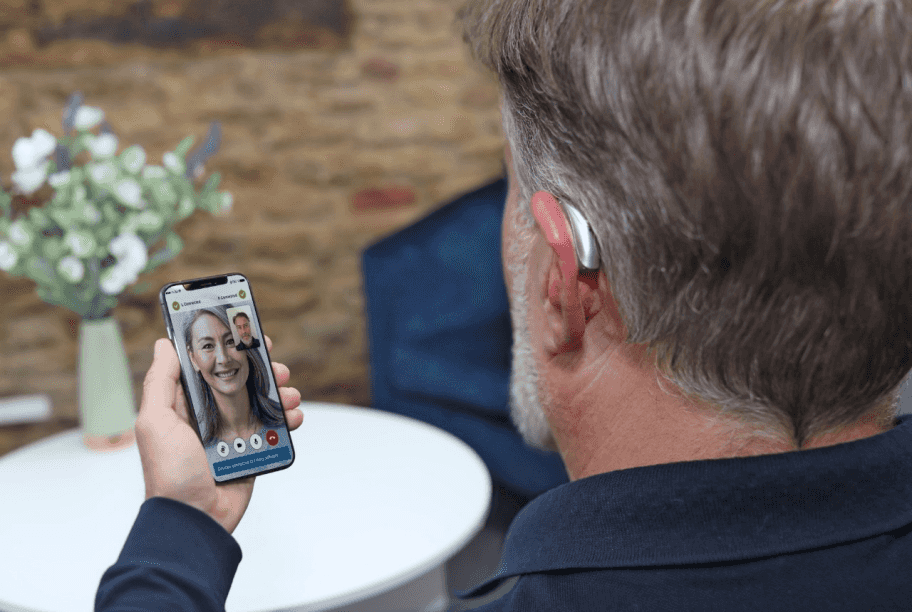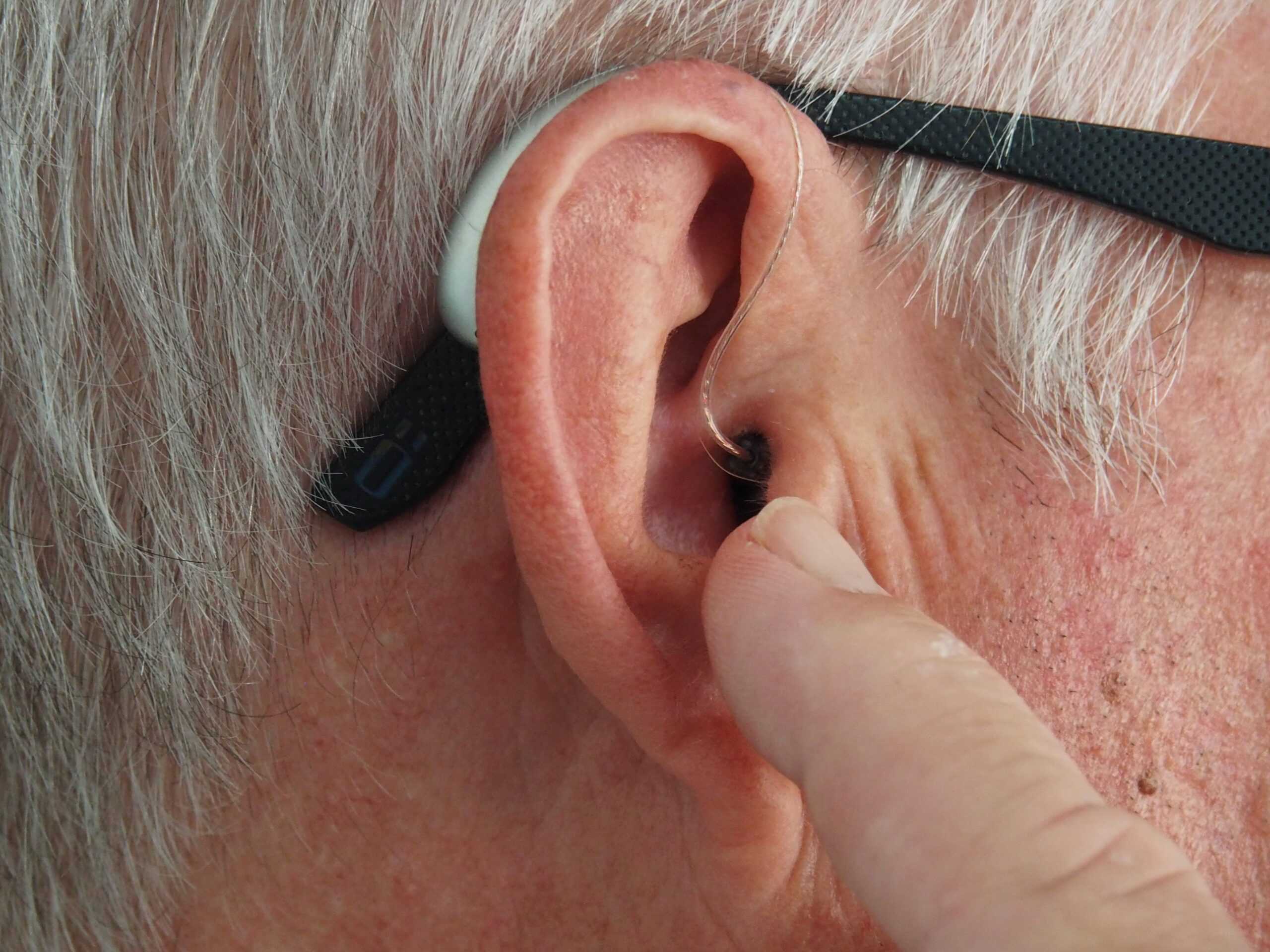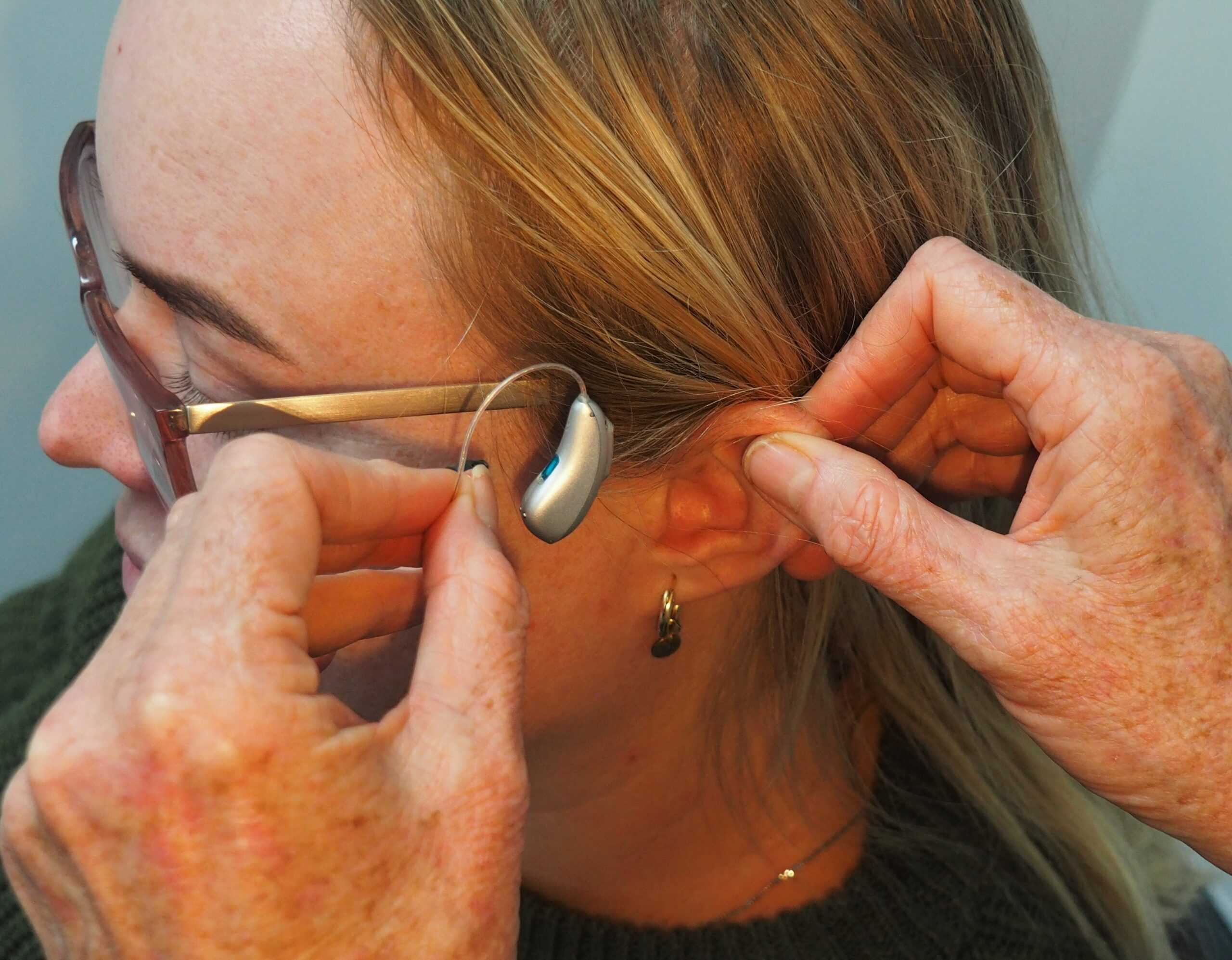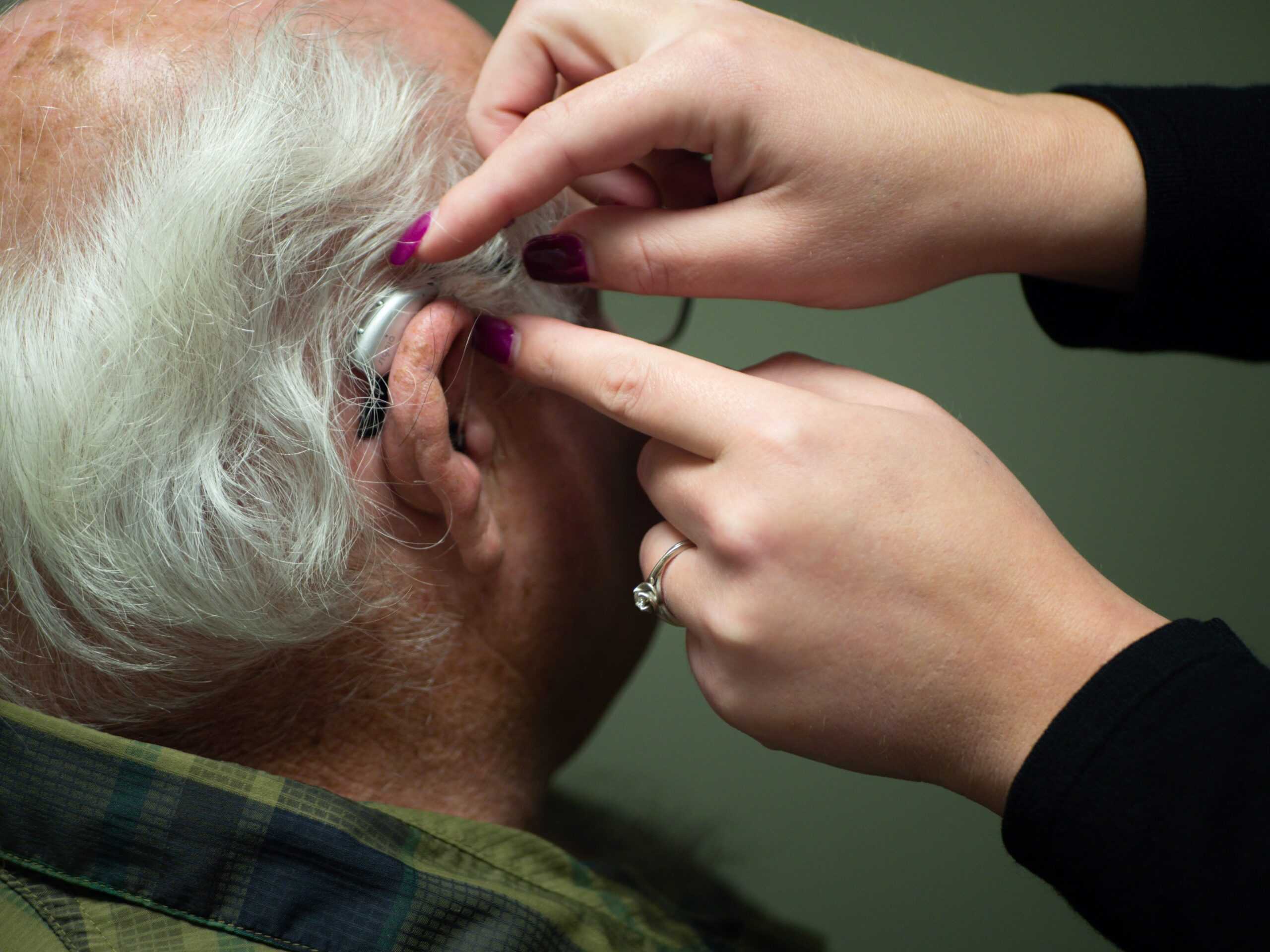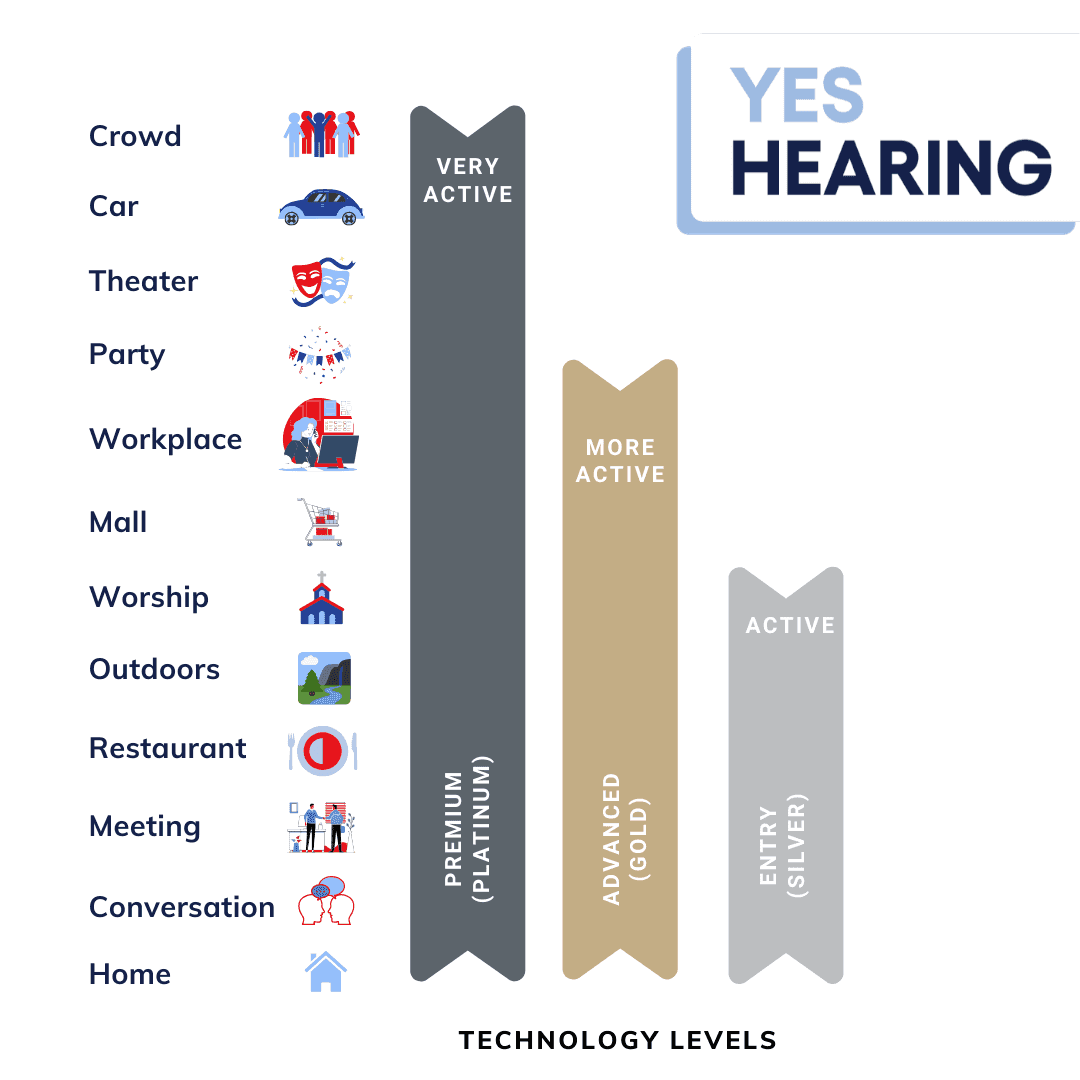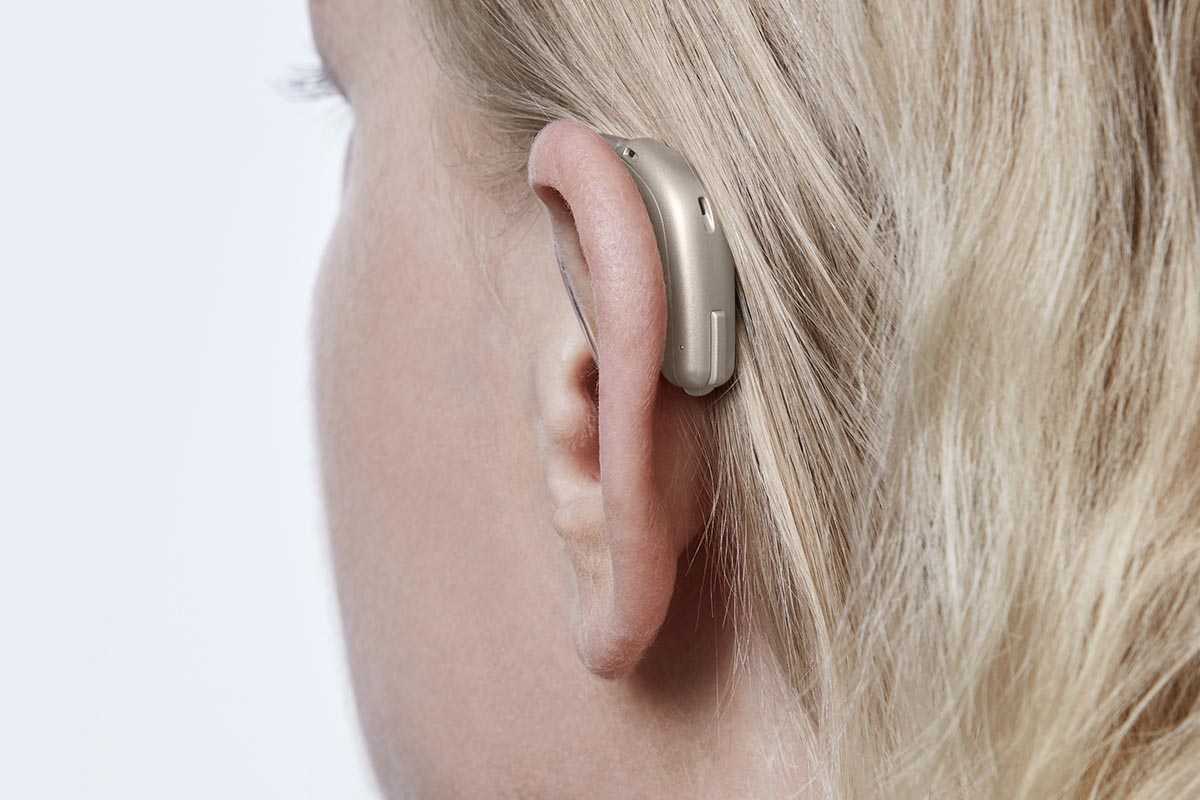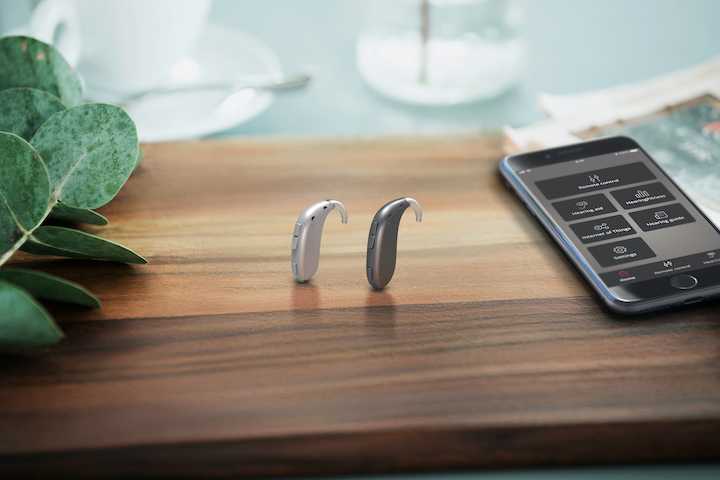Article
Differences Between OTC and Professional Hearing Aids
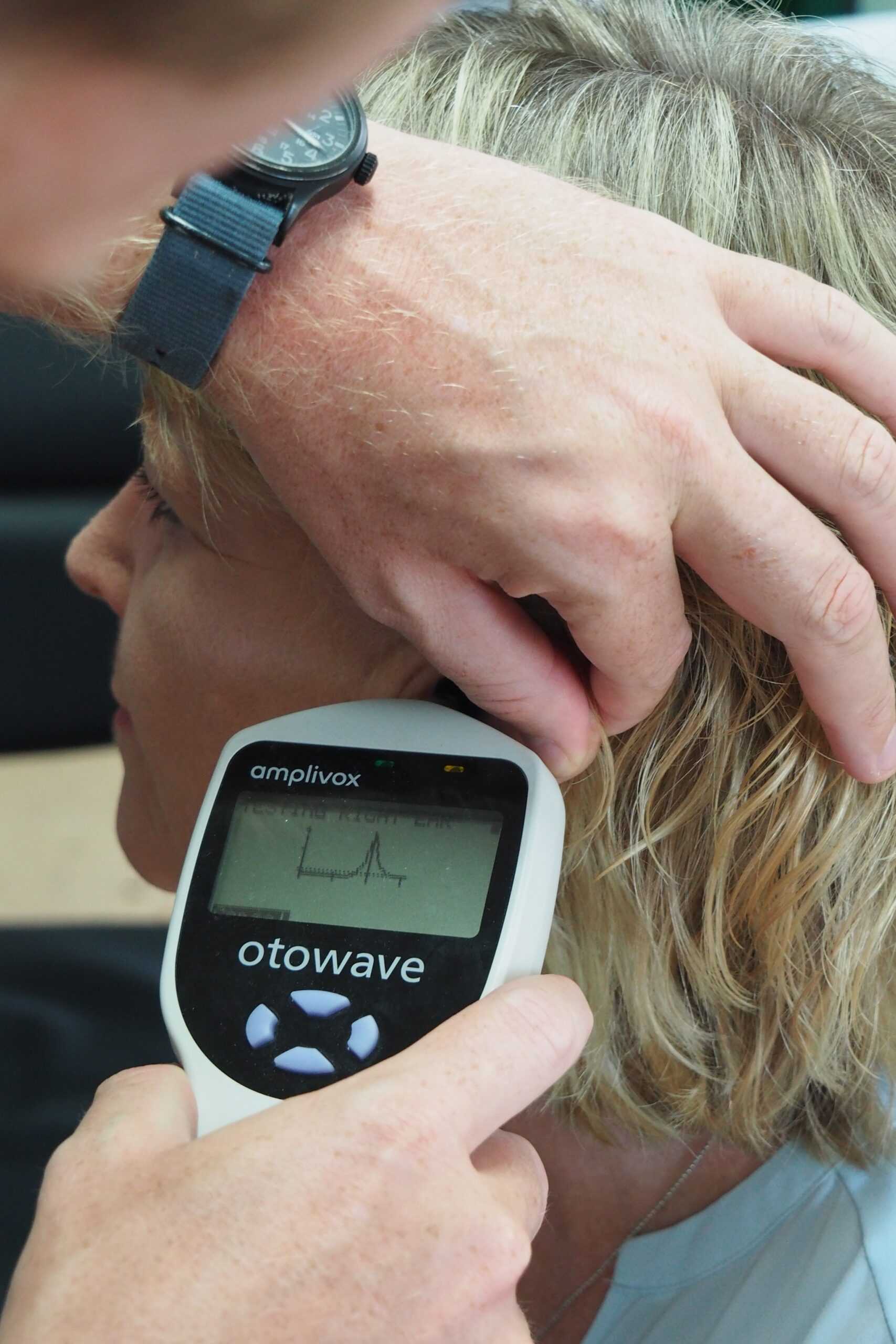
What Are the Differences Between OTC and Professional Hearing Aids?
The FDA recently finalized a historic rule enabling millions of Americans to access hearing aids over the counter (OTC) easily, allowing “consumers with perceived mild to moderate hearing impairment to purchase hearing aids directly from stores or online retailers without the need for a medical exam, prescription, or a fitting adjustment by an audiologist” in a move touted to lower cost.
For people with mild hearing loss, OTC hearing aids could work like reading glasses you can pick up at any retailer. However, there is no true replacement for proper hearing care by professionals. Just like glasses, braces, and any other wearable health device, your hearing is better left in the hands of experts.
Hearing is an essential part of one’s health and well-being, tied to cognitive function, social life, and emotional health. This article discusses the benefits of hearing aids and how to choose the right one.
The benefits of hearing aids
There are many unforeseen benefits to hearing aids that may surprise you:
- You may not only hear sounds that you have not previously heard
- You might find you can communicate more easily with family and friends over dinner or at the annual holiday party
- It could also substantially impact your social life, where you no longer have to avoid noisy restaurants or crowded concerts
- Calling up a long-distance friend will no longer be a chore but a delight
Hearing aids can not only help you hear better and clearer, but they can also improve your social life and reduce isolation, enhancing mental and emotional health and boosting self-esteem.
Hearing is a fundamental part of your health and well-being. It’s tied to your cognitive health, mental acuity, social life, and emotional well-being. “Hearing loss is a critical public health issue that affects the ability of millions of Americans to effectively communicate in their daily social interactions,” said FDA Commissioner Robert Califf.
You are not alone in your situation. There are millions of others experiencing varying levels of hearing loss nationwide. Like you would with any illness or ailment, take charge of your health and take advantage of the many benefits of hearing aids available to you.
OTC vs. professional hearing aids
In 2020, 44.1 million adults in the U.S. adults were estimated to have hearing loss. With the aging population, that number is projected to grow to 73.5 million in the next 40 years. If you are one of the millions experiencing hearing loss, you may wonder how the FDA’s recent new rule affects you.
While OTC hearing aids may be cheaper, they are limited in how many they can help, as well as by how much. So the biggest determination in professional versus OTC hearing aids is most often the level of hearing loss. For people with mild hearing loss, OTC hearing aids can help in a pinch, just like the reading glasses you slip on at night. For most people with moderate-to-severe hearing loss, however, professional hearing aids by experts with custom tailoring will perform the best.
Below is additional professional hearing aids guidance that’ll help you choose the right one.
How do hearing aids work?
A hearing aid is basically a small electronic device you wear either in or behind your ear. It is made up of three basic components: a microphone, an amplifier, and a speaker.
The hearing aid receives sound through the microphone and converts the sound waves into electrical signals, before sending them to an amplifier. The amplifier then boosts the signal power to send that through a speaker to your ear.
When a hearing aid is needed
Loss of hearing can start slowly. You may be asked to repeat yourself more often. You may still misunderstand what people say — or miss it entirely.
If you don’t have close friends and family who can tell you when it’s time to see a specialist, you can still help yourself by paying attention to your own speech patterns and speaking behaviors. You may not notice that you don’t hear the TV as well, even with the volume turned way up.
It is important to get proper hearing care at an opportune time. According to the FDA, individuals with “permanent hearing impairment can use hearing aids to help make speech and sounds louder, improving the ability to communicate effectively with others.” Rather than straining your voice or constantly repeating yourself, talk to one of our experts about hearing aids.
How to choose hearing aids
Even if hearing aids are more affordable now than ever, you still want to be sure to choose the right one. Especially when the market abounds with hearing aid rip-offs, you want to work with a trusted service provider to make sure you get the professional hearing aids you need. Yet with hundreds of options available, how do you choose?
Working with the professionals at Yes Hearing makes this daunting task manageable and personalized. An experienced audiology consultant will ask you questions to determine your needs and discuss all the options available. Yes Hearing works with you to identify your individual needs to help you find the right hearing aids. Custom fitting and in-home follow-ups are included to ensure the new device in your ear is helping you hear.
Convenient care at home
Just like with prescription glasses or braces, you should work with experts to choose hearing aids for you. They will make sure you get the right kind and are properly fitted. With Yes Hearing, they offer a free consultation and provide tailored follow-up services you can take advantage of from the comfort of your home.
Say yes to start better hearing today — book a personal consultation now.
Subscribe to our mailing list
Be the first to hear about latest news, content, and more by subscribing to our mailing list. Check your inbox for a confirmation email!

